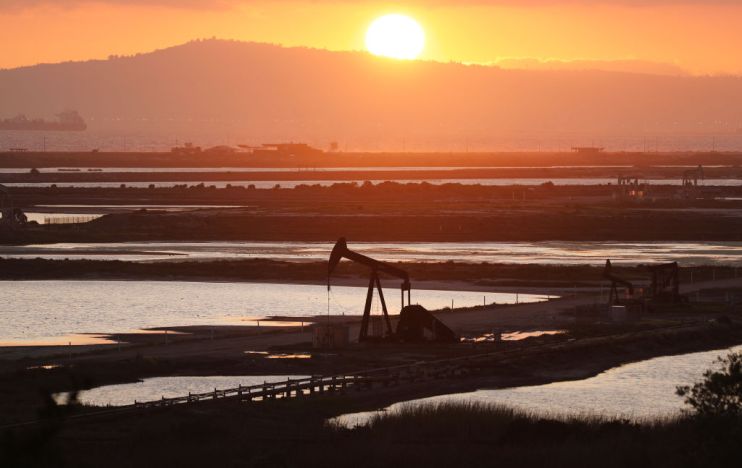Oil prices bounce back as demand drop forecasts trimmed

Oil prices bounced back after yesterday’s losses after the International Energy Agency trimmed its forecast for the drop in oil demand over the full year.
Having slipped earlier in the week, worldwide benchmark Brent crude picked up 2.8 per cent to cross the $30 threshold again.
US standard West Texas Intermediate rose 3.1 per cent to reach $26.1, helped in part by the US government’s announcement that it would buy 1m barrels of sweet oil for the Strategic Petroleum Reserve.
According to the IEA, oil demand is now set to fall by 8.6m barrels per day across 2020, around 700,000 barrels less than it had previously predicted.
The organisation said that the drop in oil demand, which remains a record fall, would be lessened by the easing of confinement measures.
It said that 2.8bn people would be living under strict lockdown measures by the end of May, instead of the 4bn who were under such circumstances at the end of April.
However, the IEA said that doubts remained over whether countries would be able to safely re-open their economies:
“Economic activity is beginning a gradual-but-fragile recovery. However, major uncertainties remain.
“The biggest is whether governments can ease the lockdown measures without sparking a resurgence of COVID-19 outbreaks”.
The IEA’s decision to lower its forecast stands in direct opposition to oil cartel Opec, which yesterday increased its own estimate for the fall in demand to 9.1m barrels of oil a day.
The new figure is a significant jump on previous forecasts of a 6.9m barrel contraction.
In addition, prices were boosted by a surprise drop in US crude stockpiles, which fell by 745,000 barrels to 531.5m.
That means that widespread predictions that oil inventories would break all-time records of 535m barrels by mid-May have not yet been fulfilled.
However, gains were capped by fears of new outbreaks in countries such as South Korea and China, which have begun to restart economic activity.
Cailin Birch, global economist at the Economist Intelligence Unit, said that uncertainty over the consequences of reopening posed major downside risk to prices:
“If this opening turns out to be premature, and a second wave of coronavirus cases emerge, we would expect lockdown measures to return and oil prices to sink again”, she said.